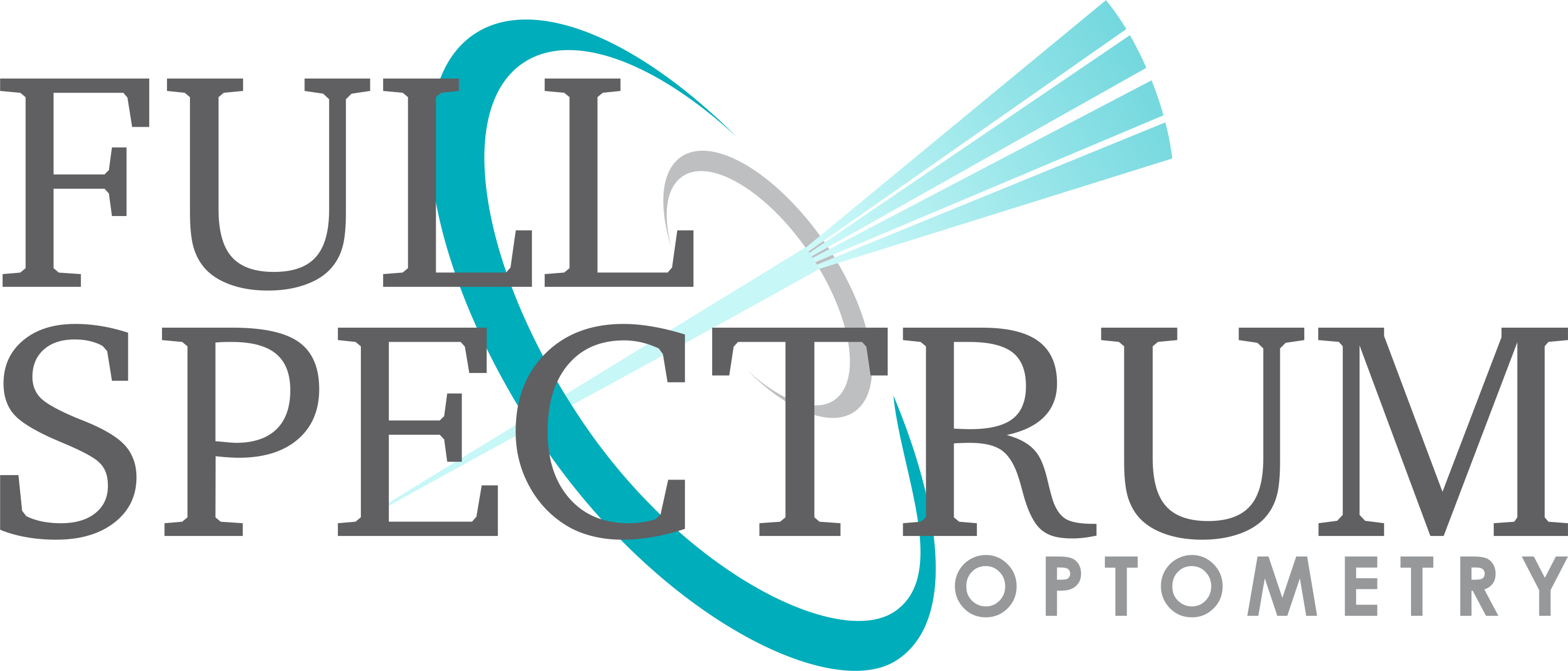Scratch Protection
Although no lens material is “scratch-proof,” it’s important to protect your new lenses with a scratch resistant treatment. Lenses that are treated on the front and backside with a clear, hard coating show increased resistance to scratching. A two-sided scratch resistant treatment is the best choice for optimal scratch resistant protection. Watch the video below and be sure to ask us about adding scratch protection to your lenses!
Scratch-Resistant Lenses
Lenses with the best scratch protection are treated on the front and backside with a clear, hard, scratch-resistant coating. This can minimize the damage to your lenses if you accidentally drop them, or clean them with the wrong type of material.
When eyeglass lenses are scratched, they become less clear and are more likely to cause eye fatigue. Scratches also make it harder for others to see your eyes from the front, and may even begin to bother the wearer if scratches are noticeable. There are some treatments that can help your lenses resist scratching and have a longer life.
Some lens materials like polycarbonate and trivex have built-in scratch resistance. However, it’s important to know that not all scratch-resistant treatments offer equal protection. Since most lens treatments are optional, be sure to ask our staff at Full Spectrum Optometry for a two-sided scratch-resistant treatment that offers the best protection for your new eyewear investment.
Learn more about our services below
- All Resources
- Contact Lenses
- Eye Health & Disease
- Eye Resources
- Lenses & Frames
-
Blepharitis
-
Blue Light and Eye Health
-
Cataracts
-
Conjunctivitis
-
Diabetic Retinopathy
-
Dry Eye Syndrome
-
Eye Exams
-
Eyeglass Frame Materials
-
Glaucoma
-
High Definition Lenses
-
How the Eye Works
-
Interactive Eye
-
Introduction to the Eye
-
Macular Degeneration
-
No Glare Lenses
-
Progressive Lenses
-
Proper Lens Care Instructions
-
Protective Eyewear
-
Reduce Digital Eye Strain
-
Retinal Tears and Detachments
-
Scratch Protection
-
Sunglasses
-
The Right Age for Contacts
-
Thinner and Lighter Lenses
-
Types of Contact Lenses

